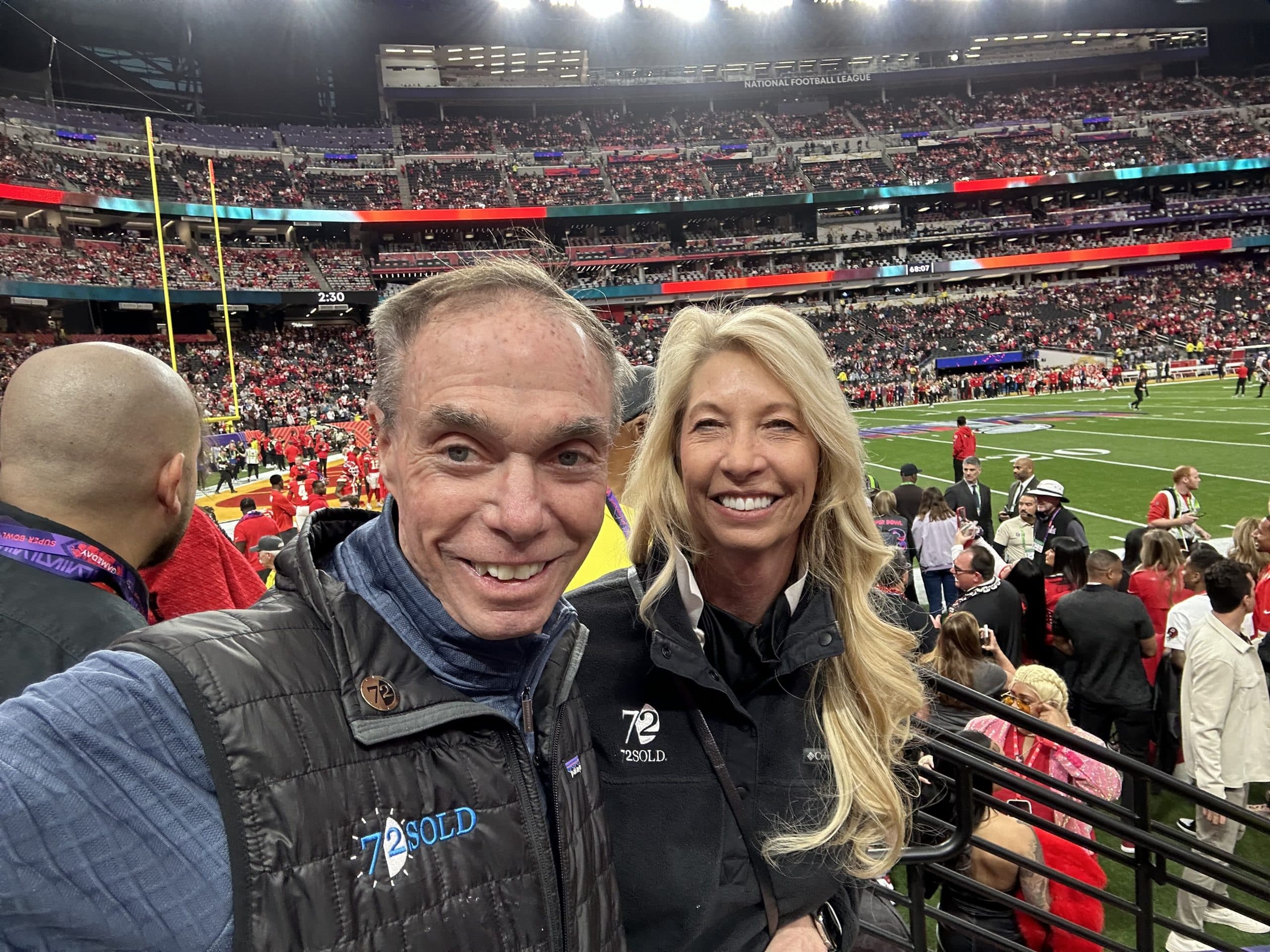“Ninety percent of all millionaires become so through owning real estate.” -Andrew Carnegie
You’ve probably heard of D.R. Horton.
Dubbed “America’s Builder,” the company has been the largest homebuilder by volume in the United States since 2002 (founded in 1978, it went public in 1992).
Operating in 90 markets across 29 states, this multi-billion dollar behemoth ranks 194th on the Fortune 500.
Last year D.R. Horton completed a 124 home subdivision in Conroe, Texas (just north of Houston).
You’d think these brand new homes would sell like hot cakes in this high demand, low inventory market, right? Not one property was sold!
Why?
Because every home was rented instead.
The subdivision was Amber Pines at Fosters Ridge. Last December it sold to investment firm Fundrise LLC for $32 million.
This mega-deal is evidence of a growing trend that’s changing the nature of residential real estate.
It used to be that a majority of homes were purchased by people to live in. Now, a large portion (20%-30%) are purchased by huge corporations to rent.
Last week the Wall Street Journal ran an article with the headline, Blackstone Bets $6 Billion on Buying and Renting Homes.
To summarize…”Blackstone Group Inc. has agreed to buy Home Partners of America Inc., which owns more than 17,000 houses throughout the U.S. Many analysts say that with home-price gains showing little sign of easing, rents can continue growing as would-be home buyers are priced out of the sales market and are compelled to keep renting. The business is attractive to investors because growth can come from both rising home prices and rent increases.”
Currently, about one out of four homes is selling to an institutional investor (one of three in Phoenix).
It’s become increasingly difficult (and sometimes impossible) for middle class homebuyers, like young couples and families, to compete with corporations that pay full market value, waive appraisal, have no loan contingency, and can close whenever sellers choose. They even let sellers stay and rent their home back for months or years.
This shift in the home buying market is occurring for two primary reasons:
First, investors are looking at homes like stock (which they buy for dividends and appreciation). Many now see homes as a better investment than stock because rental income per dollar invested far surpasses dividends, and home appreciation appears to have more potential than stock price increases.
Second, it’s well known that we have a massive housing shortage. According to a recent report, construction shortages have created a staggering 6.8 million unit housing deficit nationwide. To close the gap, builders would have to build 2 million homes a year for the next 10 years, which is highly unlikely because of labor and material shortages. This lack of homes should keep home prices appreciating and force more people to rent, which means rents will escalate too. Investors are gambling big on it, and it appears to be a good bet.
“Owning a home is a keystone of wealth…both financial affluence and emotional security.” -Suze Orman
The conundrum is that we live in a country that has encouraged home ownership for a very long time.
For instance, the VA home loan program was created in 1944 to help veterans buy a home after WWII. This program makes 100% financing with lower credit scores available to qualified veterans.
Another example is longstanding legislation that made interest on home loans tax deductible (while rent payments are not). We accept this as normal, but it’s illogical.
Rent is a personal expense. Interest on a home loan is a personal expense.
Neither relates to business, so why should either be deductible? It’s the government’s way of encouraging renters to become homeowners.
But now it looks like we will have more renters and fewer owners, with America’s housing stock controlled by corporate investors.
Is this a problem?
Having helped thousands of families experience the joy and financial benefit of home ownership over the last 50 years…yes, I see it as a negative.
If you don’t own your home, you won’t benefit from appreciation, which has historically been Americans’ greatest contributor to net worth.
If you don’t own your home, your monthly payment is out of your control, changeable at the whim of your corporate landlord.
If you don’t own your home, you won’t spend money making it nicer, diminishing your standard of living, and decimating the home improvement and maintenance industries.
Is there a solution?
Maybe we legislate financial incentives for older people to sell their homes (increasing housing inventory) and younger people to buy those homes. This is age discrimination, but we do it all the time with driver’s licenses, voting rights, alcohol consumption, restricted senior living communities, and in numerous other ways.
Maybe we legislate disincentives for corporate ownership of rental homes and provide greater incentives to help individuals own homes. Would this be unfair to corporate investors?
A lot of legislation is socially motivated, being unfair to one group for the benefit of another. At any point in time it comes down to what the government wants to prohibit, discourage, or promote.
I’m not suggesting I have the answers. I am suggesting that if we don’t like what’s happening, and don’t do something about it, we may be on the path to becoming a rental nation.












